 Virtual Ability Presents the 13th Annual Mental Health Symposium
Virtual Ability Presents the 13th Annual Mental Health Symposium
“Our Youth, Our Elders”
Friday May 17, 2024
Sojourner Auditorium, Virtual Ability Island In Second Life
http://maps.secondlife.com/secondlife/Virtual%20Ability/53/172/23
The 13th annual Mental Health Symposium took place on May 17, 2024. The theme of this year’s Conference was “Our Youth, Our Elders.” Children and the elderly face unique mental health challenges that are not well understood and often not adequately addressed.
The Symposium took place in the virtual world of Second Life, at the Sojourner Auditorium on Virtual Ability island. A video stream of the conference is available on YouTube.
Virtual Ability hosts this annual Symposium to share information about mental health and mental disabilities with the general population. Within our cross-disability community we have members who deal with a variety of mental health issues. Not only is this an opportunity for our community members to learn more about topics related to mental health from experts they probably would not have a chance to meet otherwise, it allows the general public to attend a professional conference at no cost. Below is the full schedule for the conference.
Mental Health Symposium 2024 Schedule of Events
May 17, 2024. All times are in SLT/PDT.| Start Time | Presenter Name | Institution / Presenter Biography | Title of Talk | Transcript of Talk |
|---|---|---|---|---|
| 7:30 am | Dr. Esther Wangari Gachuri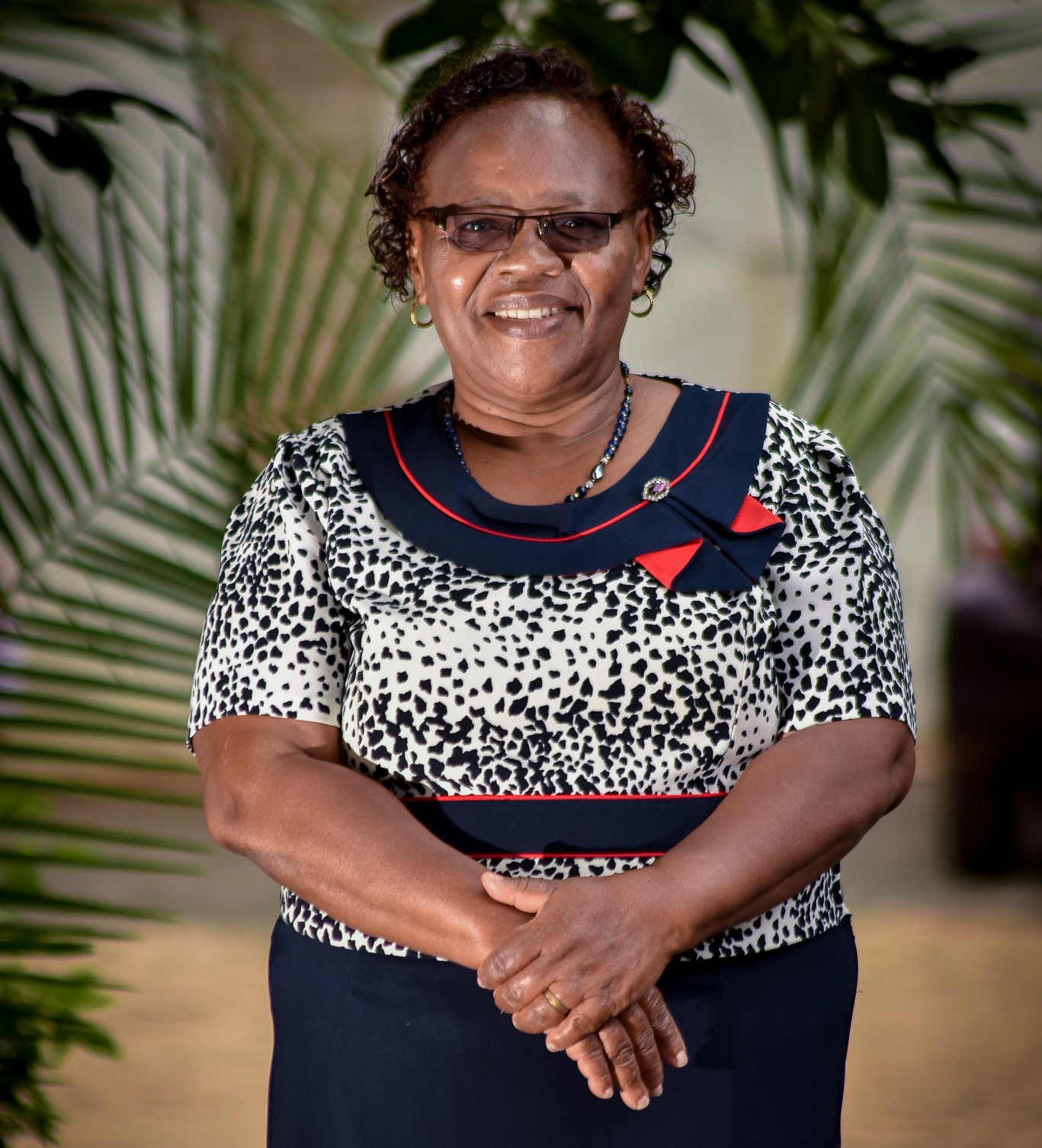 Dr. Anne Wambugu 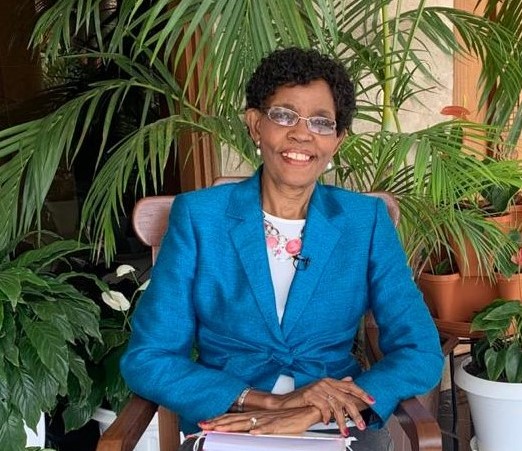 | Pan Africa Christian University (Nairobi, Kenya) Dr. Esther Gachuri, PhD, is a retired Educationist, a lecturer at Africa International University, runs a consultancy at Kenbreeze Counselling Center, Karen, Nairobi, Kenya and practices as a Psychologist and a Therapist in Marriage and Family Therapy. Dr. Anne Wambugu, PhD, MAMFT, MA, is a long term lecturer, consultant and therapist in the Department of Psychology at Pan Africa Christian University in Nairobi, Kenya. She is a Marriage and Family Therapist. She has presented internationally about the Loss and the Dying, Creating Positive Energy to the hurting, Collaborative Cross-Cultural Clinical Supervision among others. She works with several challenged individuals in the areas of mental health: Crisis Counselling, Loss and Grief, Mediation and Conflict Resolution, just to name a few. | Elderly Peoples’ Perception of Their Wellbeing in Selected Mainstream Churches in Kenya People ages 60-75 who attended church in Nairobi were interviewed. Poor health, death of spouse, unfriendly neighborhoods and cultural beliefs were among factors identified as leading to isolation and loneliness. | Gachuri/Wambugu Transcript |
| 9:00 am | Dr. Folajinmi Oluwasina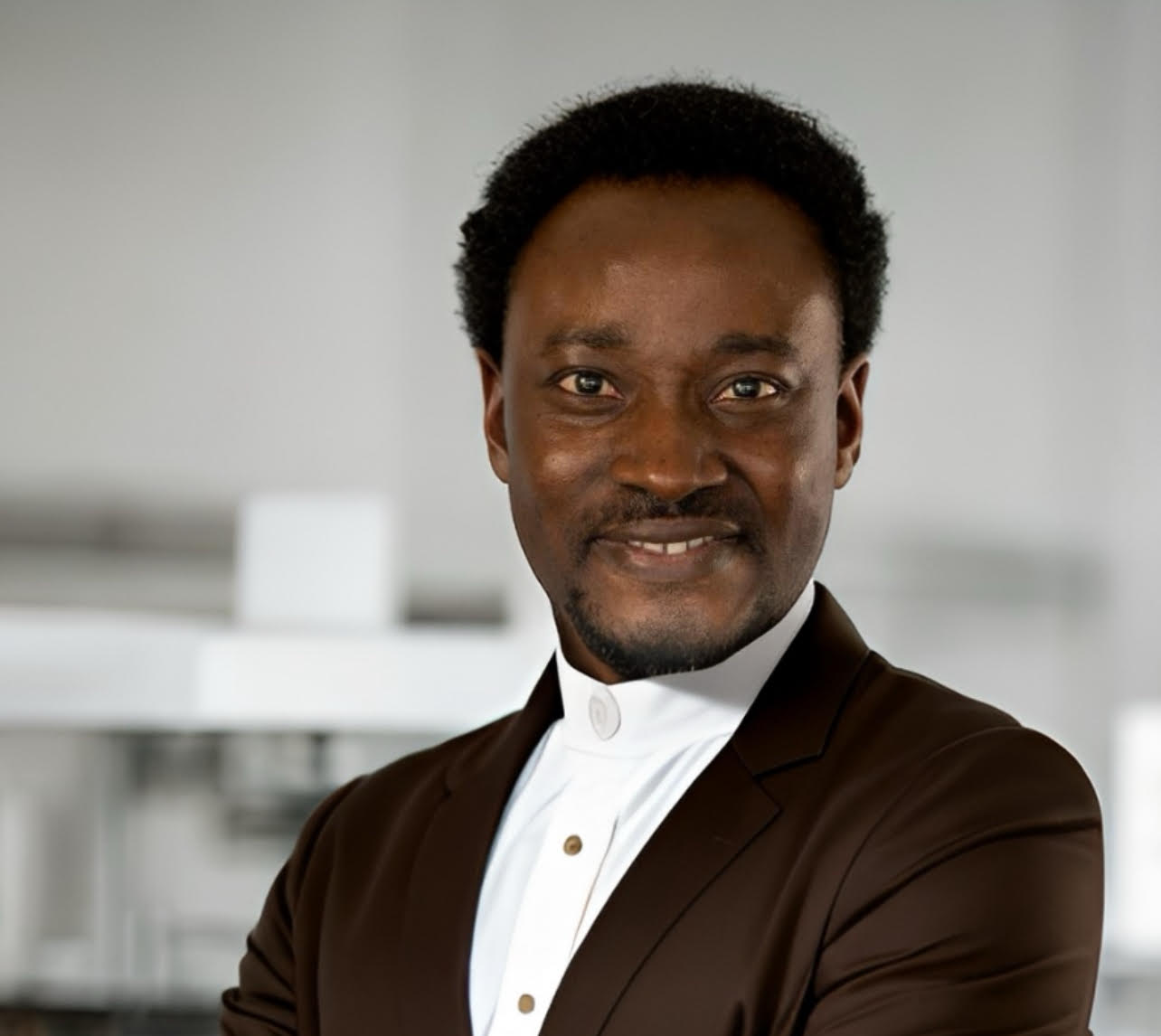 | University of Calgary (Canada) Dr. Folajinmi Oluwasina, PhD, FRSPH, has an extensive academic foundation in Public Health. He holds a bachelor's degree in microbiology, a master's degree in public health with a concentration in Epidemiology and Medical Statistics, and a Ph.D. in Public Health Epidemiology. Dr. Oluwasina has been teaching for the past 10 years and is passionate about health innovations that increase access to high-quality mental health care as well as addressing the lack of access to healthcare and psychological therapies for patients suffering from depression and anxiety. He seeks to identify the pathways associated with a variety of stress-related health disorders, including psychosis, anxiety, suicide, depression, burnout, depersonalization, emotional exhaustion, and interpersonal disengagement. He aims to identify novel therapeutic mechanisms for treating these diseases through his research. | Invisible Struggles: Addressing Mental Health Among Black Youth in Canada "Invisible Struggles: Addressing Mental Health Among Black Youth in Canada” explores the frequently disregarded but crucial matter of mental health among the Black youth community. The presentation will explore the distinct obstacles encountered by Black youth in navigating mental health issues, while also elucidating culturally responsive strategies for providing assistance and intervention. Our goal is to promote comprehension, support, and significant transformation in the field of mental health for Black youth throughout Canada by providing thought-provoking perspectives and practical approaches. | Oluwasina Transcript |
| 10:30 am | Tiago Horta Reis Da Silva | King’s College London Mr. Horta Reis da Silva is a Lecturer in Nursing Education at King's University, assisting with the BSc programme and teaching other modules. He has experience in other HEIs and NHS and collaborates with international teaching organizations. Tiago teaches undergraduate and postgraduate courses nationally and internationally, including Nursing Practice 2 and Fundamental Knowledge and Skills in Older Person's Care. He is a Senior Fellow in Higher Education, a Fellow of the Royal Society of Medicine, and a Fellow for Faculty Nursing and Midwifery Royal College of Surgeons Ireland. | Loneliness in Older Adults Loneliness among older adults is a significant societal concern with far-reaching implications. As individuals age, they often experience losses such as the death of loved ones, retirement, or declining health, which can lead to social isolation and loneliness. This condition is associated with adverse physical and mental health outcomes, including depression, anxiety, cardiovascular problems, and cognitive decline. Loneliness also increases the risk of premature mortality, making it a critical public health issue. From a societal perspective, addressing loneliness in older adults is essential for several reasons. First, it aligns with principles of social justice and human rights, ensuring that older individuals maintain a dignified and connected existence. Second, reducing loneliness can alleviate the burden on healthcare systems by preventing or mitigating the development of costly chronic conditions. Third, promoting social engagement in older adults fosters intergenerational relationships and strengthens community cohesion, enriching the fabric of society. Consequently, interventions and policies aimed at combating loneliness among older adults are not only compassionate but also strategic investments in the well-being of individuals and communities. | Da Silva Transcript |
| Noon | Dr. Valerie Hill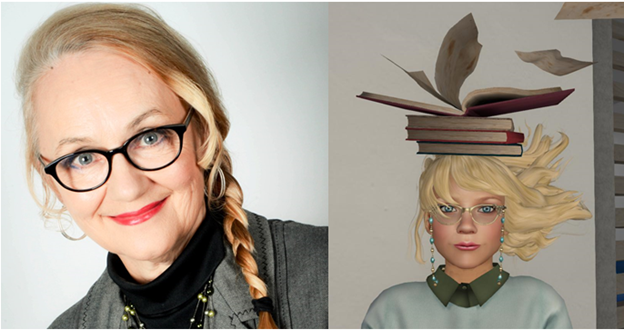 Rose Hill 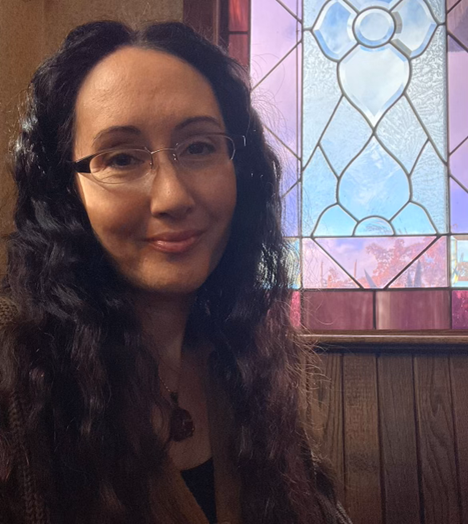 | Community Virtual Library and Crisis Connections Dr. Valerie Hill, MLIS, PhD, is the director of the Community Virtual Library in the metaverse and co-coordinator of the Virtual Worlds Education Consortium. She served as a school librarian for twenty years and has taught at all grade levels from kindergarten through college. She is currently an information literacy consultant with a research focus on the intersection of metaliteracy and libraries with virtual worlds and digital culture in our metamodern era. https://linktr.ee/Valibrarian Rose Hill, MLIS, CPC, SUDP-T, is a Certified Peer Counselor with a focus in trauma and crisis counseling. She is in her final year of a Master’s in Clinical Mental Health Counseling graduate program. She has extensive professional and lived experience with a wide range of therapy modalities with specialized training in relational therapy, somatic therapy, existential therapy, psychotherapy, CBT, DBT, EMDR, and crisis intervention. She is currently an OUD specialist at Crisis Connections in Seattle, WA | The Impact of Parasocial Relationships with AI on Mental Health This presentation examines the growing phenomenon of relationships formed with AI agents and their potential impact on mental health. We'll address the importance of relationship, parasocial interaction, and attachment theory in mental health and consider how these key concepts apply in human-AI interaction. Using popular relational AI applications, we explore both positive and negative examples of their impact on mental wellbeing. We'll conclude with thought-provoking questions about the future of AI relationships and their potential to replace some forms of human connection. | Hill/Hill Transcript |
| 1:00 pm | Jessica Simionato | La Trobe University (Melbourne, Australia) Jessica Simionato, MPH, BSp, is an early career public health researcher with a clinical background in Speech Pathology. Her Masters level research focused on intergenerational programs and she is committed to improving social outcomes for the community by finding ways to build connection sustainably. | Intergenerational programs – bringing youth and elders together to enhance social connectedness Adolescents and older adults find themselves at a similar psychological cross roads – one trying to find their identify, the other trying to maintain it. With community and connection ever changing, we looked at the components that may make for successful and impactful intergenerational programs involving adolescents and older adults. We will present review level evidence and the practical application of it, including possibilities for the virtual world. | Simionato Transcript |
| 2:30 pm | Robert Walker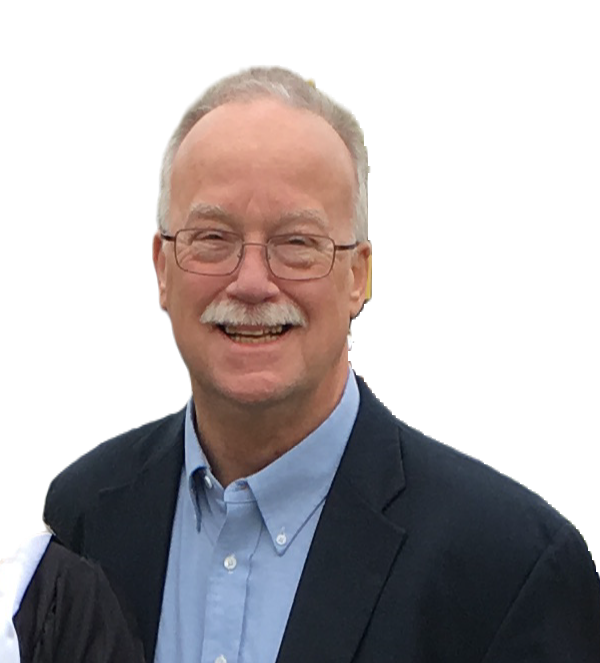 | Massachusetts Department of Mental Health Robert Walker, MS, COAPS, is a person with lived experience of a mental health challenge, with the Office of Recovery and Empowerment for the Massachusetts Department of Mental Health, involved with expanding and supporting the peer specialist workforce in MA. Rob is also the Co-Chair of the MA Older Adult Behavioral Health Collaborative, a certified older adult peer specialist, and has developed the training used in Massachusetts and across the country for older adult peers. Rob is also active in researching peer interventions and older adult behavioral health issues. | Older Adult Peer Support: Our Time Has Come Older adults and their caregivers are sometimes left out of peer support. Many think that depression, loneliness, loss of hope, memory loss are all part of aging with a physical or mental disability. We will discuss a short-term, evidence-based model of peer support for older adults, which holds promise as a way to assist older adults in leading healthier, values-driven lives. This model has been piloted with older adults and caregivers of older adults with Alzheimer's Disease. | Walker Transcript |
